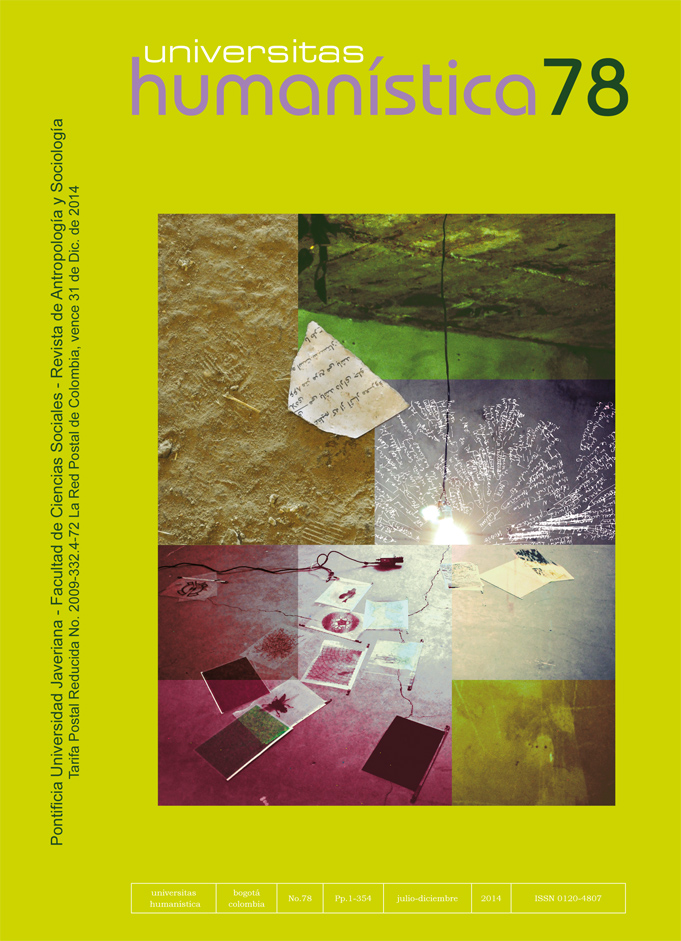Resumen
Presento aquí una interpretación entre otras posibles, de veinte años de historia de la tendencia “autónoma” del feminismo latinoamericano y del Caribe. Basándome en mi participación en diferentes grupos y eventos, como en sus publicaciones, intento visibilizar este pensamiento contrahegemónico poco conocido y a menudo satanizado. Se verá que las autónomas latinoamericanas y del Caribe, en su diversidad, han realizado aportes decisivos al feminismo y al lesbianismo transnacional, desde el Sur. Proponen entre otros, una fuertísima crítica al concepto de género y al modelo de “desarrollo” neoliberal impuesto por la cooperación internacional; nuevas luces sobre la imbricación de las relaciones sociales de sexo, clase y “raza”; y son pioneras en el pensamiento decolonial. Abordo también las condiciones de posibilidad de la elaboración de este pensamiento “radical”: producción colectiva de la reflexión, vinculación con la práctica política en varios movimientos sociales, y posición social personal de las activistas-teóricas.

La revista Universitas Humanística se encuentra registrada bajo la licencia Creative Commons Reconocimiento 4.0 Internacional. Por lo tanto, esta obra se puede reproducir, distribuir y comunicar públicamente en formato digital, siempre que se reconozca el nombre de los autores y a la Pontificia Universidad Javeriana. Se permite citar, adaptar, transformar, autoarchivar, republicar y crear a partir del material, para cualquier finalidad (incluso comercial), siempre que se reconozca adecuadamente la autoría, se proporcione un enlace a la obra original y se indique si se han realizado cambios. La Pontificia Universidad Javeriana no retiene los derechos sobre las obras publicadas y los contenidos son responsabilidad exclusiva de los autores, quienes conservan sus derechos morales, intelectuales, de privacidad y publicidad.
El aval sobre la intervención de la obra (revisión, corrección de estilo, traducción, diagramación) y su posterior divulgación se otorga mediante una licencia de uso y no a través de una cesión de derechos, lo que representa que la revista y la Pontificia Universidad Javeriana se eximen de cualquier responsabilidad que se pueda derivar de una mala práctica ética por parte de los autores. En consecuencia de la protección brindada por la licencia de uso, la revista no se encuentra en la obligación de publicar retractaciones o modificar la información ya publicada, a no ser que la errata surja del proceso de gestión editorial. La publicación de contenidos en esta revista no representa regalías para los contribuyentes.


